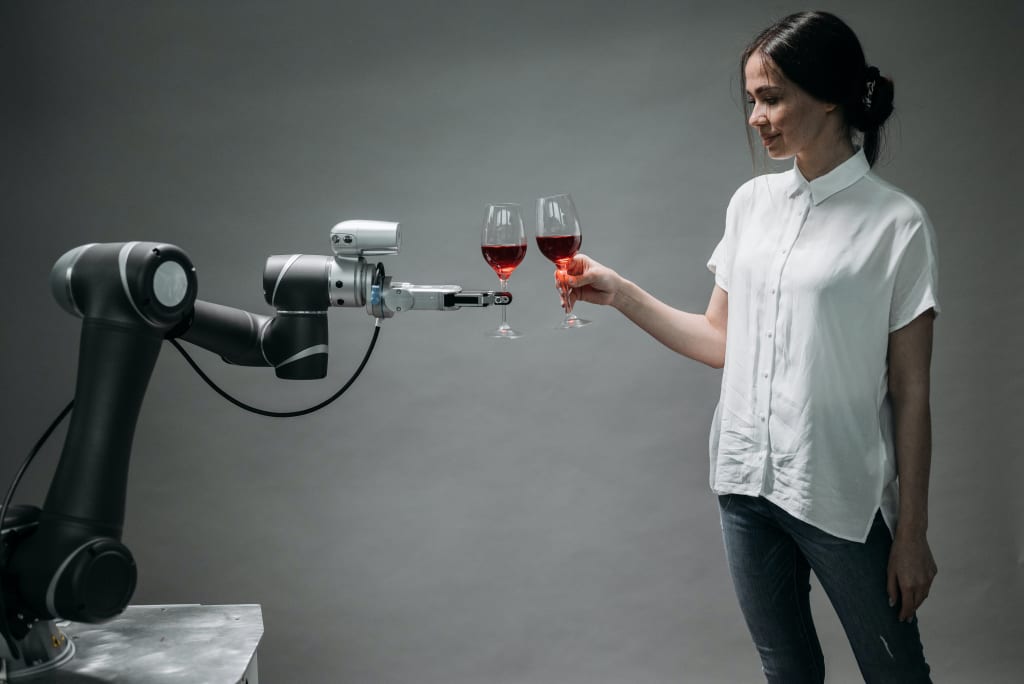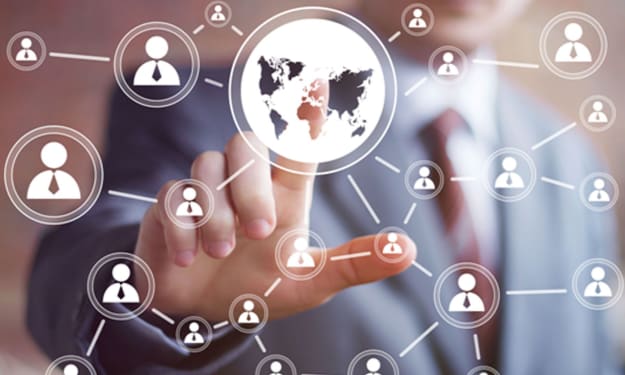The Impact of AI on Society: Benefits and Challenges
Revolutionizing Industries with AI

Artificial Intelligence (AI) has been a buzzword in the technology industry for several years. AI refers to the development of computer systems that can perform tasks that typically require human intelligence, such as visual perception, speech recognition, decision-making, and language translation. AI is transforming every industry, including healthcare, finance, manufacturing, retail, and transportation. In this blog post, we will explore the impact of AI on society and the challenges that come with it.
AI has the potential to revolutionize many industries by automating routine tasks, reducing costs, and improving efficiency. For example, in the healthcare industry, AI can help diagnose diseases, predict patient outcomes, and develop personalized treatment plans. In the finance industry, AI can help detect fraud, make investment decisions, and manage risk. In the manufacturing industry, AI can optimize production processes and reduce waste.
Artificial Intelligence (AI) refers to the development of computer systems that can perform tasks that typically require human intelligence, such as visual perception, speech recognition, decision-making, and language translation. AI is transforming every industry, including healthcare, finance, manufacturing, retail, and transportation. One of the most significant benefits of AI is its ability to analyze large amounts of data quickly and accurately, leading to the development of predictive analytics that can help businesses make informed decisions based on data. AI is also transforming the way we interact with technology, such as through voice assistants and chatbots. However, AI presents challenges such as bias, potential job displacement, and data security, which must be addressed through ethical guidelines and education.
One of the most significant benefits of AI is its ability to analyze large amounts of data quickly and accurately. This capability has led to the development of predictive analytics, which can help businesses make informed decisions based on data. For example, AI can help retailers analyze customer data to predict their buying behavior, allowing them to stock the right products and increase sales.
AI is also transforming the way we interact with technology. For example, voice assistants like Amazon’s Alexa and Apple’s Siri use AI to understand natural language and perform tasks like setting reminders, playing music, and controlling smart home devices. Chatbots are another example of AI in action, allowing businesses to provide customer support and handle routine tasks automatically.
However, AI also presents several challenges that must be addressed to ensure its responsible use. One of the most significant challenges is the potential for bias. AI systems are only as unbiased as the data they are trained on. If the data used to train an AI system is biased, the system will also be biased. This can lead to discrimination and unequal treatment of certain groups of people.
Another challenge is the potential for AI to replace human workers. While AI can automate routine tasks, it cannot replace the creativity, critical thinking, and problem-solving skills that humans possess. As AI becomes more advanced, it may replace jobs that were previously thought to be safe from automation.
Finally, there are concerns about the security and privacy of data used by AI systems. AI systems require large amounts of data to function properly, which means that sensitive data may be at risk of being stolen or misused. Additionally, there are concerns about the potential for AI systems to be used for malicious purposes, such as cyber attacks or surveillance.
To address these challenges, it is important to develop ethical guidelines for the development and use of AI. This includes ensuring that AI systems are unbiased, transparent, and accountable. It also means investing in education and training programs to help workers adapt to the changing job market.
In conclusion, AI has the potential to revolutionize many industries and transform the way we interact with technology. However, it also presents several challenges that must be addressed to ensure its responsible use. By developing ethical guidelines and investing in education and training programs, we can harness the power of AI while minimizing its potential risks.





Comments
There are no comments for this story
Be the first to respond and start the conversation.